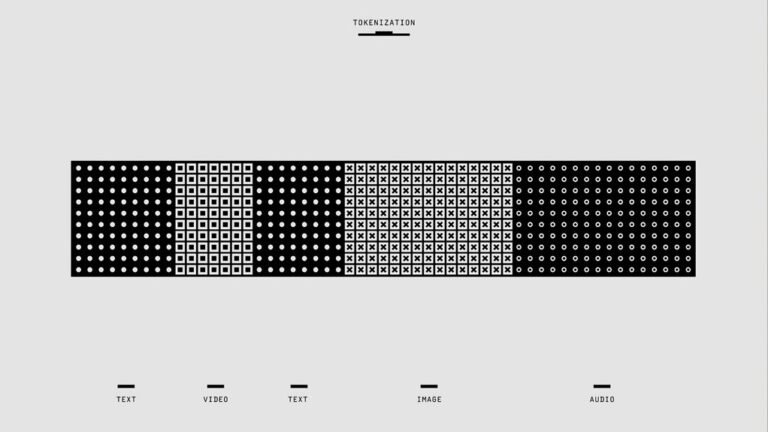Telecom Surveillance Risk Compliance Enforcement Agency 3801982139 3203762404 3338254210 3474095264 3289111615 3509479420
Is it true that the Telecom Surveillance Risk Compliance Enforcement Agency effectively balances the need for security with consumer privacy? As telecommunications technology advances, the agency faces mounting pressure to adapt its compliance strategies. This raises critical questions about how these regulations evolve and the implications for consumer trust. Understanding the agency’s role in navigating these complexities is essential for grasping the future of telecom compliance.
Overview of the Telecom Surveillance Risk Compliance Enforcement Agency
The Telecom Surveillance Risk Compliance Enforcement Agency plays a crucial role in ensuring that telecommunications companies adhere to regulatory standards and safeguard consumer privacy.
You’ll find that their telecom oversight is vital in monitoring compliance frameworks, which promote transparency and accountability.
Key Regulations and Legal Standards in Telecommunications
While navigating the complex landscape of telecommunications, it’s essential to understand the key regulations and legal standards that govern the industry.
Telecom regulations, such as the Communications Act, enforce accountability and promote fair competition.
Legal standards, including data protection laws, ensure consumer privacy.
Staying informed about these frameworks empowers you to advocate for your rights and navigate compliance effectively.
Balancing Security and Privacy: The Agency’s Role
Navigating the intersection of security and privacy in telecommunications requires a keen understanding of the agency’s role in regulating these critical aspects.
You’ll find that the agency balances privacy concerns with necessary security measures, ensuring compliance without infringing on individual freedoms.
Future Challenges and Considerations for Telecom Compliance
As technology evolves, telecom compliance faces a myriad of future challenges that demand proactive strategies.
Emerging technologies will complicate data protection efforts, requiring you to adapt quickly and effectively. Balancing innovation with regulatory requirements is crucial, as you must ensure that user privacy isn’t compromised.
Staying ahead of these challenges means consistently evaluating policies and investing in robust compliance frameworks that promote both freedom and security.
Conclusion
In conclusion, the Telecom Surveillance Risk Compliance Enforcement Agency acts like a tightrope walker, balancing security needs with consumer privacy rights. As the telecommunications landscape evolves, you must adapt your compliance strategies to address emerging challenges without stifling innovation. By fostering transparency and accountability, the agency not only protects consumer information but also builds essential trust in the industry. Staying proactive and vigilant will ensure that you navigate these complexities effectively, maintaining a secure and compliant telecommunications environment.






